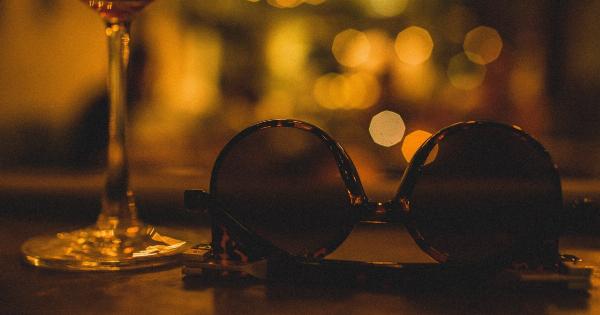Introduction.
Artificial light has become an essential part of our modern lives. It allows us to extend our waking hours and carry out various tasks even after the sun sets.
However, the excessive and improper use of artificial light can have significant consequences on our health, one of which is insomnia. This article will explore the link between artificial light and insomnia, shedding light on the mechanisms involved and providing suggestions for minimizing the negative impact.
The Role of Light in Our Sleep-Wake Cycle
Sunlight plays a vital role in regulating our sleep-wake cycle, also known as the circadian rhythm. The presence of natural light during the day signals our bodies to stay awake and promotes alertness.
As the evening approaches, the reduced intensity of daylight triggers the release of melatonin, a hormone responsible for inducing sleepiness.
Artificial light, particularly the blue light emitted by electronic devices and energy-efficient light bulbs, can disrupt this delicate balance.
Exposure to blue light in the evening can inhibit the production and release of melatonin, making it difficult to fall asleep and disrupting the quality of our sleep.
The Impact of Blue Light on Melatonin
Blue light, with its short wavelength, is particularly effective at suppressing melatonin production. Our eyes have specialized cells called retinal ganglion cells that are sensitive to blue light.
When exposed to blue light, these cells send signals to the brain’s suprachiasmatic nucleus (SCN), which controls our circadian rhythm.
When the SCN receives signals indicating the presence of blue light in the evening, it instructs the pineal gland to reduce melatonin production.
As a result, our natural sleep-inducing mechanism is disrupted, and our body remains in a state of wakefulness.
The Role of Devices in Evening Insomnia
The increasing popularity of electronic devices such as smartphones, tablets, and laptops has contributed significantly to the rise in insomnia cases.
These devices emit blue light, and many individuals use them extensively in the evening, right before bedtime.
The close proximity of these devices to our eyes further intensifies the impact of blue light on melatonin suppression.
The habitual use of devices in the evening can confuse our biological clock, making it harder to fall asleep and maintain a consistent sleep pattern.
Artificial Light and Shift Workers
Shift workers, who often have to work through the night or irregular hours, face a unique challenge when it comes to maintaining a healthy sleep routine.
Their exposure to artificial light during the night can disrupt their circadian rhythm, leading to insomnia and other sleep-related disorders.
The irregular sleep patterns of shift workers can also contribute to the problem. Their bodies struggle to adjust to a constantly changing sleep-wake schedule, leading to inconsistent melatonin production and poor sleep quality.
Minimizing the Negative Impact of Artificial Light
While completely avoiding artificial light may not be realistic in today’s world, there are several strategies you can employ to minimize its negative impact on your sleep:.
1. Limit Device Usage Before Bed
Avoid using electronic devices such as smartphones or laptops in the hour or two leading up to bedtime. If possible, switch to reading a book or engaging in relaxing activities that don’t involve screen time.
2. Use Blue Light Filtering Apps or Glasses
Install blue light filtering apps on your electronic devices or consider using blue light filtering glasses. These tools can help reduce your exposure to blue light and promote better melatonin production.
3. Opt for Warm Lighting in the Evening
Replace bright white or cool-toned light bulbs with warm-colored bulbs in the rooms where you spend your evenings. Warm lighting has a lower impact on melatonin suppression, making it easier for your body to wind down and prepare for sleep.
4. Establish a Consistent Sleep Schedule
Try to go to bed and wake up at the same time every day, even on weekends. Establishing a consistent sleep schedule helps regulate your body’s internal clock and improve overall sleep quality.
5. Create a Dark and Calm Sleep Environment
Ensure your bedroom is dark, quiet, and conducive to sleep. Consider using blackout curtains or an eye mask to block out any external sources of light that may interfere with your sleep.
Conclusion
The link between artificial light and insomnia is undeniable. The prevalence of electronic devices and the widespread use of energy-efficient lighting have significantly impacted our sleep patterns.
By understanding the role of light in our circadian rhythm and taking steps to minimize our exposure to artificial light, we can improve our sleep quality and overall well-being.



























